
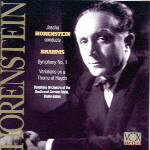
Reissued for the first time on CD, the virtues and shortcomings of these 1958 performances elicit qualified admiration from these quarters. Following a low-voltage introduction,
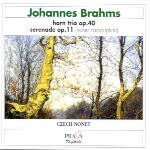
It doesn’t take much more than a thought to get musicologists going these days. It’s well known that Brahms originally conceived the music of his
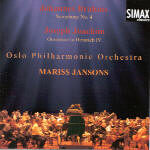
This performance of Brahms’ Fourth Symphony offers the same virtues and defects as Jansons’ previous release of symphonies 2 and 3. The playing is very
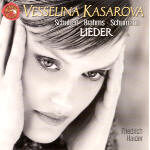
Even in an age blessed with outstanding mezzo-sopranos Vesselina Kasarova’s ravishing voice and interpretive mastery have catapulted her to international acclaim. After recording some outstanding

Jascha Horenstein’s 1958 stereo recording of the Brahms Third makes its first appearance on CD. The master tape sounds well in Vox’s careful transfer, although

In an interview with author David Dubal, Leon Fleisher declared William Kapell to be the greatest pianistic talent America had produced. Certainly recorded evidence testifies

Deutsche Grammophon’s original-image-bit-processing renders this material in more impactive, detailed sound than previous CD issues. Granted, we glean more subtlties of color, touch, and pedaling
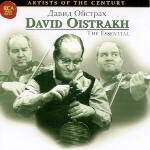
David Oistrakh, proclaims the cover in both English and Cyrillic, followed by “The Essential”. Lest the unsuspecting prospective listener think this two-disc set is a
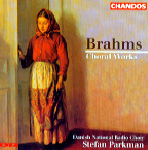
It’s not easy to record Brahms’ a cappella choral music. At least that’s the impression you get from hearing this and every other recording of

When viewed through his studio recordings, Claudio Arrau’s monumental approach to the Brahms concertos seems better suited to the volatile D minor concerto than to
![]()
